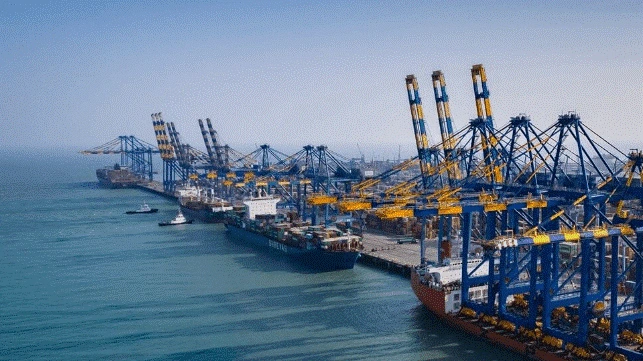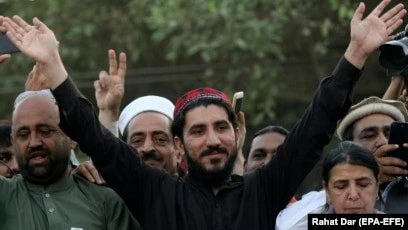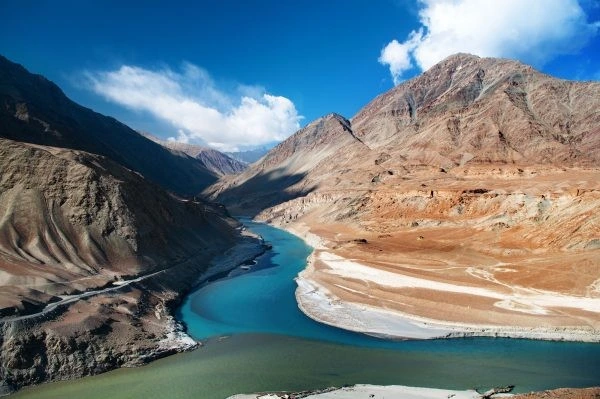India’s Cover Network Under Scrutiny in Iran

Iran has openly admitted the disappearance of three Indian individuals inside its borders in a rare and pointed gesture, along with an odd and strong warning against what it claimed to be “illegal Indian agencies” running on Iranian land. Made on the official X (previously Twitter) account of Iran’s embassy in India, this announcement represents a historic diplomatic event. India’s Cover Network It seems to indicate a deeper, more alarming development in regional geopolitics: the growing discontent in Tehran about the reportedly associated covert operations connected to Indian intelligence services, not only a usual worry for missing foreign citizens.
Iran’s clear reference to “illegal Indian agencies” captures a mounting mistrust in Tehran about the operations of the Research and Analysis Wing (RAW), India’s foreign intelligence agency. While covert state activities are hardly new, open apologies by host nations are rare, particularly from countries like Iran that usually retain discretion in issues involving foreign spy networks. This makes Iran’s public exposure especially important since it essentially confirms the existence of Indian intelligence-linked agents inside its borders.
The fact that this development reflects issues long expressed by Pakistan adds to their significance Islamabad has regularly charged India with launching covert operations not only within Pakistani territory but also along its western border areas. These charges frequently point to RAW’s incursion into sensitive areas like Balochistan and the suspected use of adjacent territory, Afghanistan being a prominent example, as launchpad for clandestine operations. Now seems to be Iran’s Sistan-Balochistan province, which borders Pakistan and houses a combustible mix of ethnic and sectarian conflicts, becoming the centre of these issues.
Iran’s comment suggests a possible change of paradigm. Traditionally, rooted by economic cooperation, especially in the energy and infrastructure sectors, Iran and India have enjoyed friendly ties. But Tehran is being forced to rethink the terms of this alliance by recent regional realignments as well as India’s progressively aggressive intelligence posture overseas. These days, Sistan-Balochistan, a territory already under close observation for cross-border terrorism, insurrection, and smuggling, clearly takes the stage. Should Indian intelligence networks be active in this field, Iran’s national security is seriously threatened and an already delicate situation may become unstable.
Iran’s public alert might be a diplomatic signal intended not only for New Delhi but also for the larger world community. It draws attention to a reoccurring issue among regional powers: big nations are projecting power using clandestine techniques, usually at the expense of less powerful or less forceful governments. In this regard, Iran’s actions might also be seen as a calculated attempt to establish its sovereignty and warn foreign intelligence agencies that once accepted operations would suddenly come under more close examination.
Tehran’s signal is significant for possible follow-through as much as for rhetoric. The intelligence scene in the area might change significantly if Iran goes from warnings to specific counterintelligence operations, such as destroying suspected RAW-affiliated networks or revealing Indian operations. Once thought to be rather safe havens for Indian agents, these regions could become targets of conflict depending on local monitoring and possibly direct intervention. Such a change may limit India’s asymmetric influence in the Middle East and Central Asia, particularly in the western periphery of Pakistan.
This evolution also throws more attention on India’s hidden policies elsewhere. India’s intelligence agencies have been under international investigation recently for allegedly planning targeted killings and assaults abroad using criminal syndicates. Prominent incidents involving Indian authorities outsourcing politically driven violence to non-state actors have highlighted this trend in the United States and Canada. For the Indian government, this modus approach provides reasonable deniability, enabling it to formally separate itself from acts of extrajudicial aggression while nonetheless accomplishing its strategic goals.
Such strategies not only undermine governmental behaviour standards but also create harmful precedents. The employment of criminal networks for political purposes brings a wild and erratic element into world affairs. It erodes confidence, strains diplomatic relations, and may cause impacted states to launch counterattacks. Iran’s strong language in its most recent declaration could be taken as a rejection of such behaviours inside of its sovereign land.
Moreover, the increasing aggressiveness of Indian covert operations begs a more general issue: how should the world community react when strong governments violate accepted guidelines and norms? Under such circumstances, neutral third-party mediation becomes rather important. Together with non-aligned governments, regional and worldwide institutions can offer forums for responsibility and communication. Smaller or geo-politically sensitive nations, who might otherwise find it difficult to confront or oppose bigger powers unilaterally, especially depend on this.
Iran might be setting the foundation for such multilateral involvement by bringing the matter before public attention. Its message is an international call for examination as well as a domestic warning about internal weaknesses. Should other regional players share these worries, India may find itself in front of a larger coalition challenging its extraterritorial policies. This might restrict New Delhi’s operational reach and force it to change its intelligence policies in order to prevent diplomatic consequences.
From a regional security standpoint, Iran’s efforts might potentially inspire more neighbour state cooperation in observing and limiting foreign intelligence operations. In response to common threats, especially those thought to come from covert activities meant to compromise regional stability, joint efforts in intelligence-sharing, border control, and counterterrorism could develop.
Iran’s candid criticism of “illegal Indian agencies” signifies a turning point in geopolitics of South-Central Asia. It captures not only a bilateral annoyance but also a rising discomfort about India’s increasing clandestine presence. Whether this leads to noticeable policy changes including diplomatic actions, expulsions, or arrests, is yet unknown. But the fact that Tehran has chosen to go public points to a new phase of struggle in which intelligence operations are progressively being subject to open geopolitical contestation instead of being kept in the shadows. Should Iran carry out countermeasures, it may create a precedent that changes how regional countries handle clandestine intrusions, hence increasing the stakes for India and re-evaluating the balance of power in a historically sensitive and strategically important area of the world.












